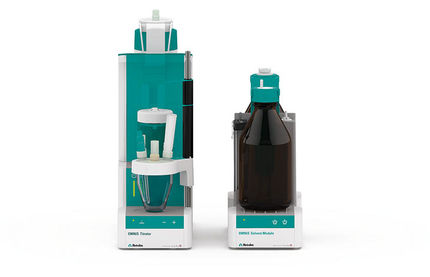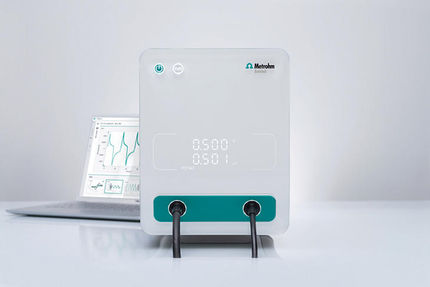To use all functions of this page, please activate cookies in your browser.
my.chemeurope.com
With an accout for my.chemeurope.com you can always see everything at a glance – and you can configure your own website and individual newsletter.
- My watch list
- My saved searches
- My saved topics
- My newsletter
Mercaptopurine
Mercaptopurine (also called 6-Mercaptopurine, 6-MP or its brand name Purinethol) is an immunosuppressive drug used to treat leukemia. It is also used for pediatric non-Hodgkin's lymphoma, polycythemia vera, psoriatic arthritis, and inflammatory bowel disease (such as Crohn's Disease and ulcerative colitis). Product highlight
Mechanisms of ActionMercaptopurine inhibits purine nucleotide synthesis and metabolism. This alters the synthesis and function of RNA and DNA. Mercaptopurine interferes with nucleotide interconversion and glycoprotein synthesis. Adverse reactionsSome of the adverse reactions of taking Mercaptopurine might include diarrhea, nausea, vomiting, loss of appetite, stomach/abdominal pain, weakness, skin rash, darkening of the skin, or hair loss. Serious adverse reactions include mouth sores, fever, sore throat, easy bruising or bleeding, pinpoint red spots on the skin, yellowing of eyes or skin, dark urine, painful or difficult urination. Unlikely but serious side effects include: black or tarry stools (melena), bloody stools, and bloody urine. Symptoms of allergic reaction to Mercaptopurine include rash, itching, swelling, dizziness, trouble breathing. Mercaptopurine causes myelosuppression, suppressing the production of white blood cells and red blood cells. It may be toxic to bone marrow. Weekly blood counts are recommended for patients on mercaptopurine. The patient should stop taking the medication at least temporarily if there is an unexplained, abnormally large drop in white blood cell count, or any other blood count. Patients who exhibit myelosuppression or bone marrow toxicity should be tested for Thiopurine methyltransferase (TPMT) enzyme deficiency. Patients with TPMT deficiency are much more likely to develop dangerous myelosuppression. In such patients it may be possible to continue using mercaptopurine, but at a lower dose. PrecautionsMercaptopurine can lower the body's ability to fight off infection. Those taking mercaptopurine should get permission from a doctor in order to receive immunizations and vaccinations. It is also recommended that while on the drug one should avoid those who have recently received oral polio vaccine. This drug is traditionally not recommended during pregnancy but this issue has been debated and current evidence indicates that pregnant women on the drug show no increase in fetal abnormalities. However, women receiving mercaptopurine during the first trimester of pregnancy have an increased incidence of abortion. Davis et al 1999 found that mercaptopurine, compared to methotrexate, was ineffective as a single-agent abortifacient; every woman in the mercaptopurine arm of the study had fetal cardiac activity at follow-up (two weeks later) and was given a suction abortion.[1] Mercaptopurine causes changes to chromosomes in animals and humans. In mice these changes have given rise to lethal mutations. Therefore the drug has the potential to be cancer causing in humans. See alsoReferences
Categories: Immunosuppressive agents | Chemotherapeutic agents |
|||||||||||||||||||||||||||||||||||||||||||
| This article is licensed under the GNU Free Documentation License. It uses material from the Wikipedia article "Mercaptopurine". A list of authors is available in Wikipedia. | |||||||||||||||||||||||||||||||||||||||||||







